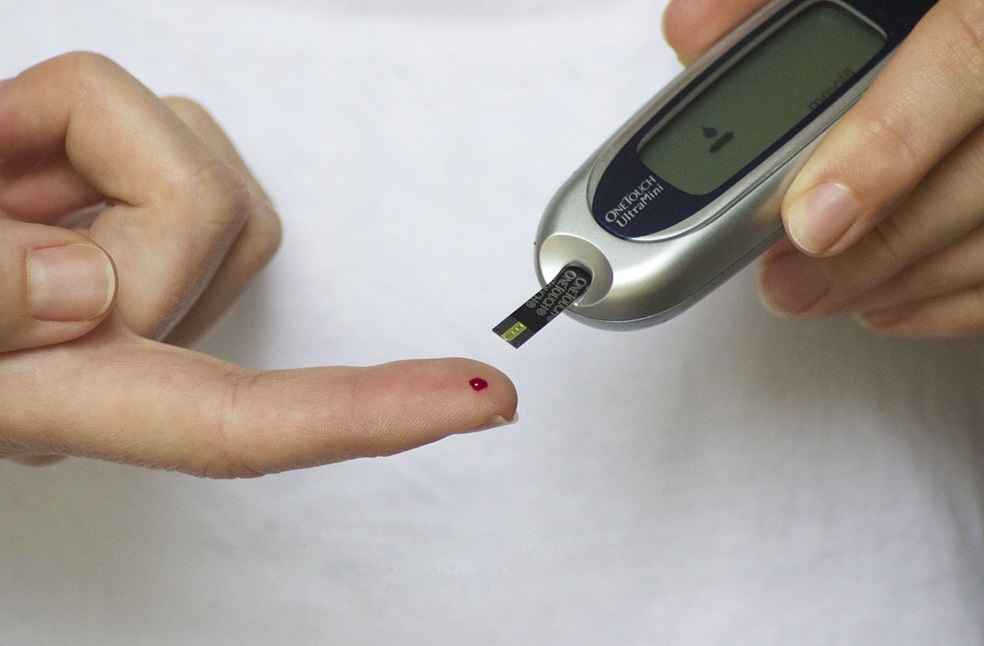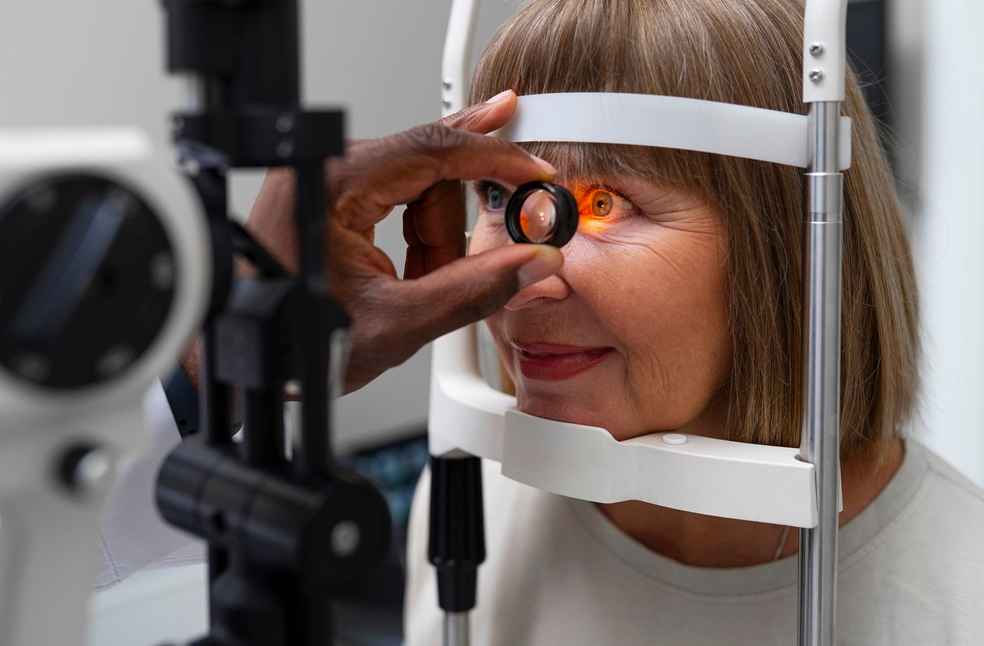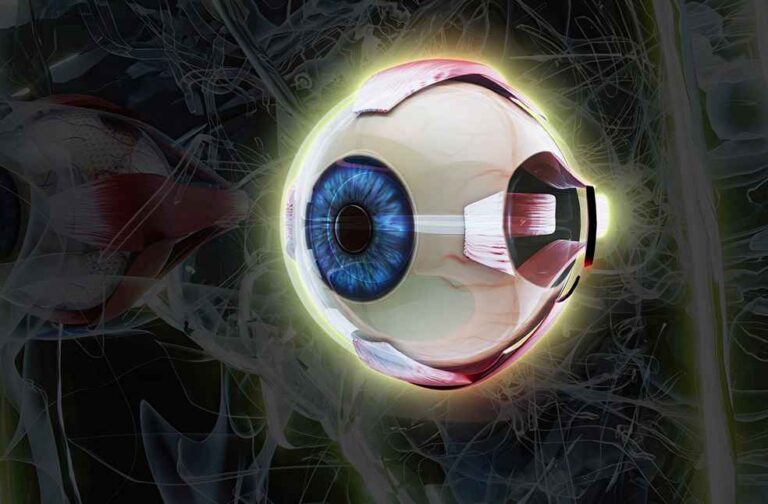World Glaucoma Association (WGA) is celebrating World Glaucoma Day to raise awareness of the common disease. ‘Unity for a Glaucoma Free World’ is the theme of World Glaucoma Day 2024. The initiative aims to increase awareness about glaucoma, a disease that is directly associated with diabetes, which affects millions of people and is expected to grow in the coming years.
Getting to know glaucoma
Glaucoma is a medical condition that comprises a group of eye conditions. These conditions can damage the optic nerve, which can often occur due to increased pressure within the eye. If left untreated, it can cause vision loss and eventually lead to blindness. Glaucoma typically does not show any symptoms during its early stages, which is why it has been nicknamed “the silent thief of sight”. It is important to undergo regular eye exams to detect and treat glaucoma early on.
Getting diabetes can cause glaucoma

Diabetes mostly affects blood sugar levels and insulin function but it can also seriously affect eye health. It raises the risk of generating glaucoma due to the harm caused to the blood vessels in the eyes. These changes can disrupt the circulation of fluids inside the eye and lead to expanded intraocular pressure (IOP), which is a known threat aspect of glaucoma.
A recent study published in the Lancet journal indicates that there are approximately 21 million visually impaired persons in India, of which 2.4 million are blind. These numbers are expected to rise further due to the increasing prevalence of diabetes, which is a significant risk factor for vision loss in the country.
Glaucoma prevention

Regular medical attention, lifestyle changes, and compliance with treatment plans are essential for managing diabetes and glaucoma. Diabetic patients should monitor their blood sugar levels regularly, manage their diabetes medications or insulin therapy, and promptly address any complications that arise.
Glaucoma patients should undergo regular eye exams to monitor intraocular pressure and optic nerve health. To preserve vision and prevent further eye damage, it is important to seek treatment as soon as possible.
To manage diabetes and Glaucoma, adopting a healthy lifestyle is crucial. This includes regular exercise, eating a balanced diet, managing your weight, and quitting smoking. Making positive changes to your lifestyle can also help reduce the risk of eye complications related to diabetes, as well as slow the progression of glaucoma. Remember, taking care of your overall health and well-being is key.



